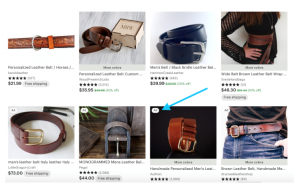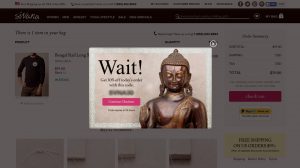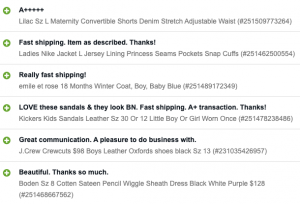The past year has sparked more conversations about brand responsibility and trust. And that reminded me of a thought exercise asking which of three companies people trusted most: Tesla, Facebook or Amazon. At the time, Facebook lost, pretty unanimously. Then people shared which executive they trusted the least: Elon Musk, Mark Zuckerberg or Jeff Bezos. Zuck did not fare well again. The point here was to highlight how trust is a type of currency that brands can use with audiences and how trust in leaders can impact trust in a brand.
Trust is Perceived
Trust has been a significant topic of conversation for brands this past year. It’s not a new discussion, but it feels like the conversations have gotten more frequent, specific and aggressive. Why does it seem like trust is at the forefront now more than ever? Because consumers are changing.
Younger consumers expect brands to “do the right thing” and be involved in political and community issues. Gen Z in particular has great buying power and is more loyal to brands they believe – or perceive – to be trustworthy. They evaluate brands based on a set of rules that matter to them.
Trust is Earned and Given
How often have you heard a marketer say something like this: The way to build trust is to be more transparent. But that’s not quite true. You can’t build trust – trust is something that is earned and given. Often, companies take an approach to be more transparent to seem more trustworthy. However, transparent relationships are low trust relationships. If you need to be transparent, it’s because people have already given up on trust. Think about Facebook. Ever since the Cambridge Analytica scandal in 2014, Facebook has made significant efforts to be more transparent around security and privacy on the platform. But studies show that trust is still low for the company.
This illustrates the problem with transparency – it’s not secrets that hinder trust, it’s deception. Facebook users felt deceived by the company and that caused people to take back their trust. A transparent relationship are low trust relationships.
Trust is a Currency
Here’s where things really come together: Trust is a currency. Brands exist to sell something and therefore earn money – a type of currency. But there’s a shift now in how people decide to spend money with a brand. More people, especially younger generations with growing buying power, are focused on purchasing from brands they trust. If they don’t trust a brand, they’re less likely to buy from that brand. And that’s where trust as currency comes into play. Brands who deal in trust will ultimately win the monetary currency as well.
Business & Finance Articles on Business 2 Community
(55)







